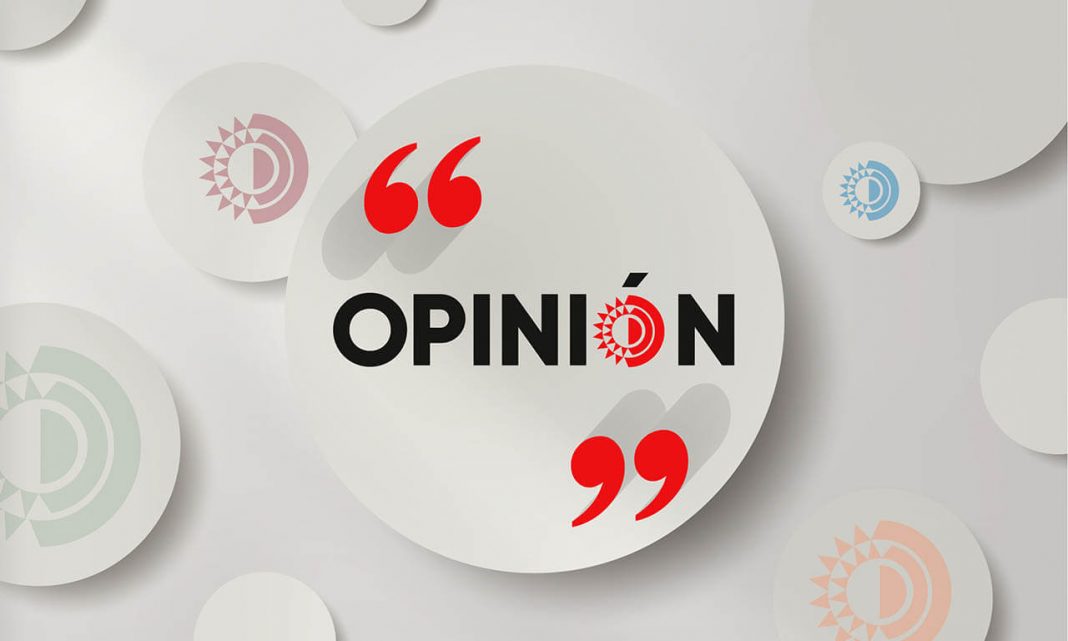Poor people don’t go to heaven

The poor are many. I’m not saying that, but a recent report from Oxfam Intermon says that every 33 hours there are 1 million new poor people and every 30 hours a new billionaire. It’s data from the beginning of the pandemic, but the usual ratio doesn’t seem to have changed much since Adam and Eve left the Garden of Eden and the eastern circulation of the economy was invented. There is a surplus of poor people, it is a fact, and staunch defenders of capitalism assert that it makes sense that this should be the case, and that what would make the world truly unsustainable would be the opposite, that every 30 hours a new poor would be born and every 33 million billionaires. Think about it a little: there would be no way you could put up with it. There would be no room in the sky for so many private helicopters, no city hall officials to fix their tricks, no folded pages in gossip magazines showing their luxurious mansions with kidney-shaped pools. From this angle, wealth would be a kind of misery, and journalists were going after a new beggar on Gran Via to ask him how he behaved with a can of anchovies and whether he intended to adopt another dog.
Yes, I know your sense of humor is in bad taste without a roof over your head and an empty stomach, but fortunately we live in a country where there are no poor people. Two months ago, Enrique Osorio, a spokesman for the Community of Madrid government, questioned a report by Caritas indicating that 22% of the region’s population is at risk of social exclusion, nearly one and a half million poor people about to be released. “Hi, and where are they?” asked the good Mr. Osorio, a man who should not be accused of shortsightedness or bad faith, not even shortsightedness, but of absolute sincerity. Osorio sees the poor nowhere, neither in the chalets, nor around the stock exchange, nor at receptions with fifty guests, not even after the liturgy. Osorio and people like Osorio, i.e. Ayuso, Almeida and other PT chiefs, only see the rich and that explains their policies that create wealth at the rate of one billionaire every 30 hours.
Not only are the rich like elephants, huge and cheerful even from afar, nor are the poor like earthworms, seldom sticking their heads out of the grass. Oliver Sacks tells the story of a blind man who regained his sight thanks to a medical miracle, but had to undergo a lengthy apprenticeship until he trained his brain to distinguish threatening shapes that he didn’t know were buildings, trucks, cars and pedestrians. . When he finally learned to decipher them, the former blind man was shocked when he passed through certain areas of his city where there were very filthy people living in cardboard huts and eating salt water. He asked how no one had ever noticed such an injustice and one told him that, just as he had before he had had his eyes set on the task of seeing the world, now he had to teach them the exact process of not seeing certain parts of the world. World: bums, shacks, beggars, people who live under the bridge. That is why to be a consultant to the Madrid community you need, among many other things, a master’s degree in selective blindness. Let’s not say to be the boss.
Barbaric neoliberalism has triumphed to such an extent that it has allowed itself to correct the Gospels. Before that, the poor had solace that when they died they went to heaven, but that is not anymore. Ugandan Interior Minister Kahinda Otavir has dared to say out loud what many believe: that the poor are poor because they want to. Otavir has asked the people of Uganda to work hard to get out of poverty, that the poor will not go to heaven because they insult God with their laziness and daily mutual accusations. You have to put together what you do, like the Commissar of Masks in Madrid, who never ceased to work for the common good – and, above all, for them – or like King Juan Carlos, who began in Portuguese exile, half-naked, and made a fortune in engineering Tax and public relations work with Arab sheikhs and arms dealers.
This is why some poor people have learned their lesson and practiced begging with advanced marketing techniques, because reaching for and waiting for alms is no longer enough. En la puerta de El Corte Inglés había un joven de rodillas, llorando a lágrima viva, y un día que se acercó una señora a consolarlo, cambió de registro de inmediato y le espetó entre dientes: «Por no favor, señte I’m working.” A few years ago I crossed a corner every day where there was a very tall beggar who I didn’t pay attention to, because I had enough to help three or four homeless officials in my neighbourhood. The man had put me on file, tired of indifference and told me with a Roman accent that he was fine, that he saw him every day and did not give him a penny. And he concluded with a boast that Henry Ford would have applauded him: “I am not here to waste time.” All in all, none of them would go further than that poor man who practically invented decades ago The idea of selling packs of tissues for a hundred pesetas at traffic lights.The father of a friend of mine, from whom he bought day in, day out, day in, day out, ended up agreeing with him: He would call him when he needed a package, but in the meantime, please leave him alone. It’s like that, for several months, until one morning, the poor guy broke the deal and ran to the window. Before I could protest, he released the slogan: “Take advantage, man, today I have two for one.”

“Award-winning zombie scholar. Music practitioner. Food expert. Troublemaker.”






:quality(75)/arc-anglerfish-arc2-prod-elcomercio.s3.amazonaws.com/public/ZQSWD7LR5BAWRKBOTV6M6QJ3CA.jpg)


